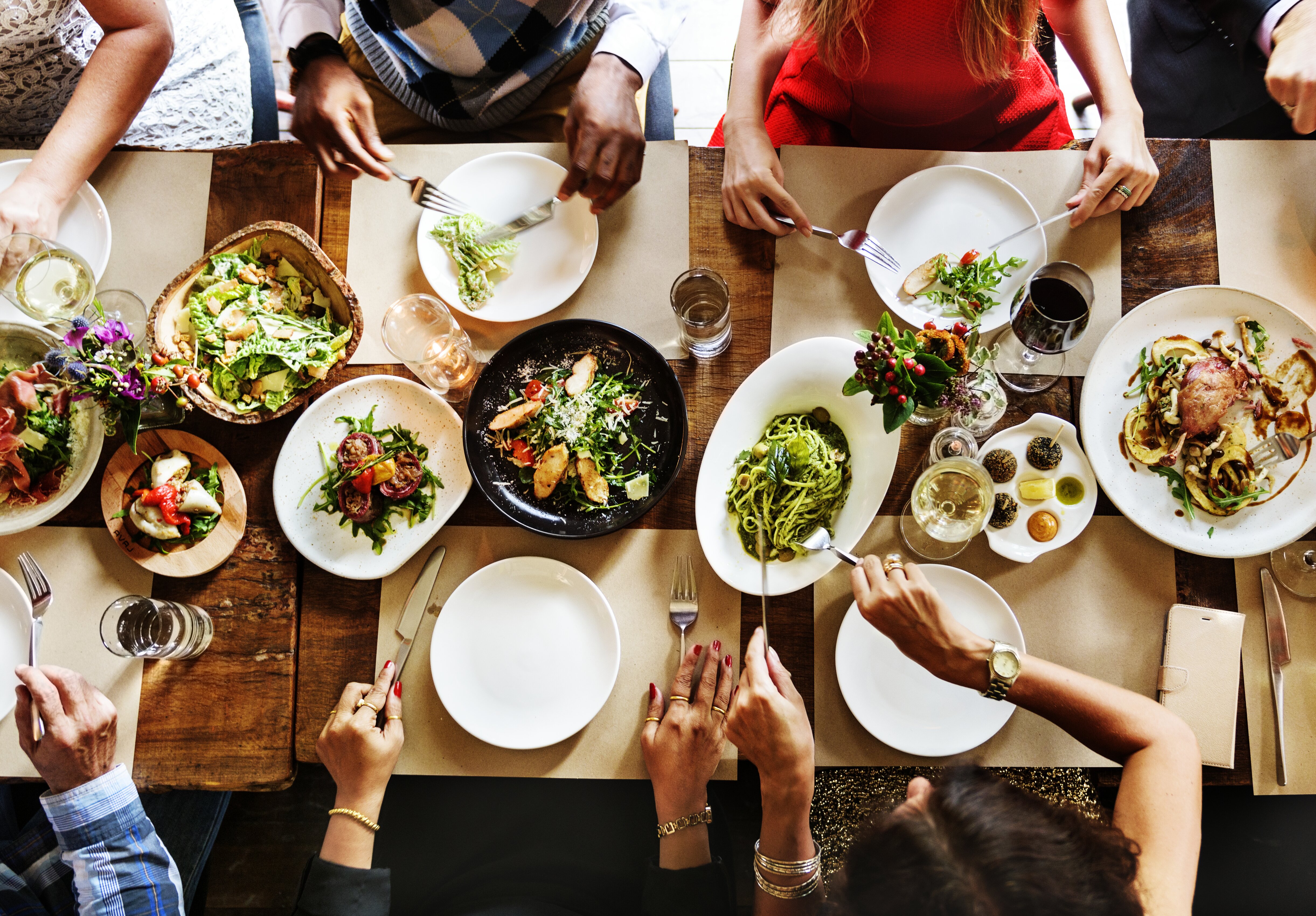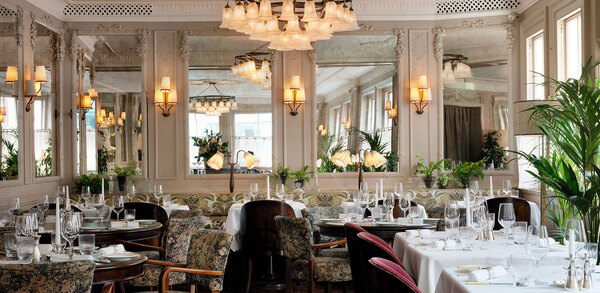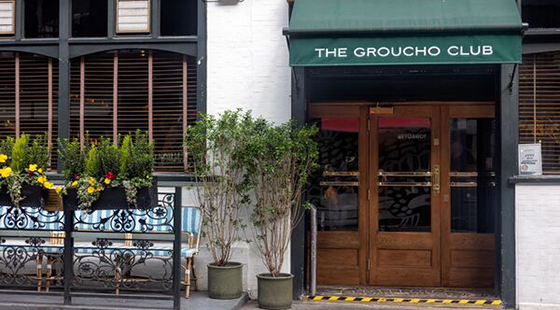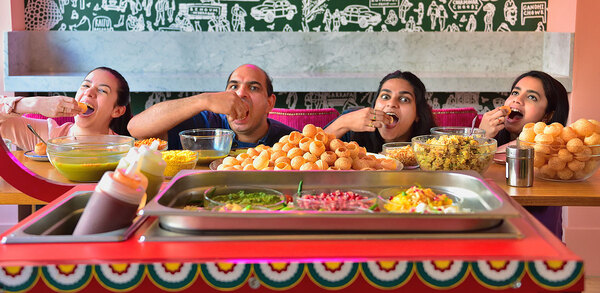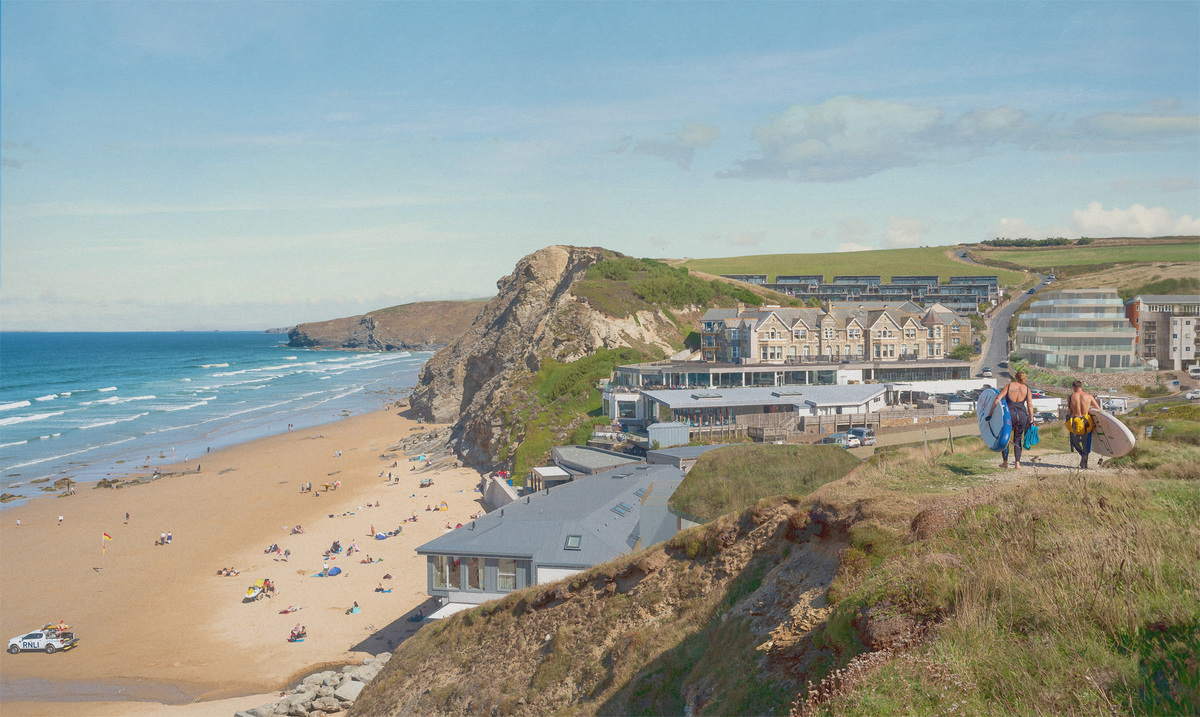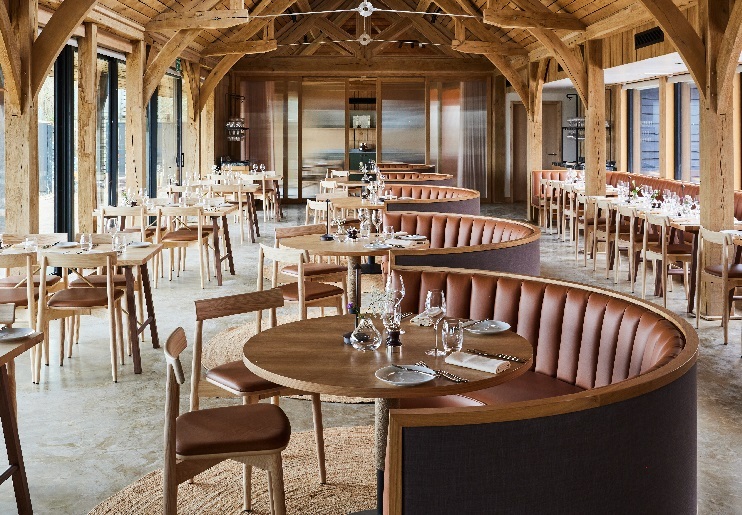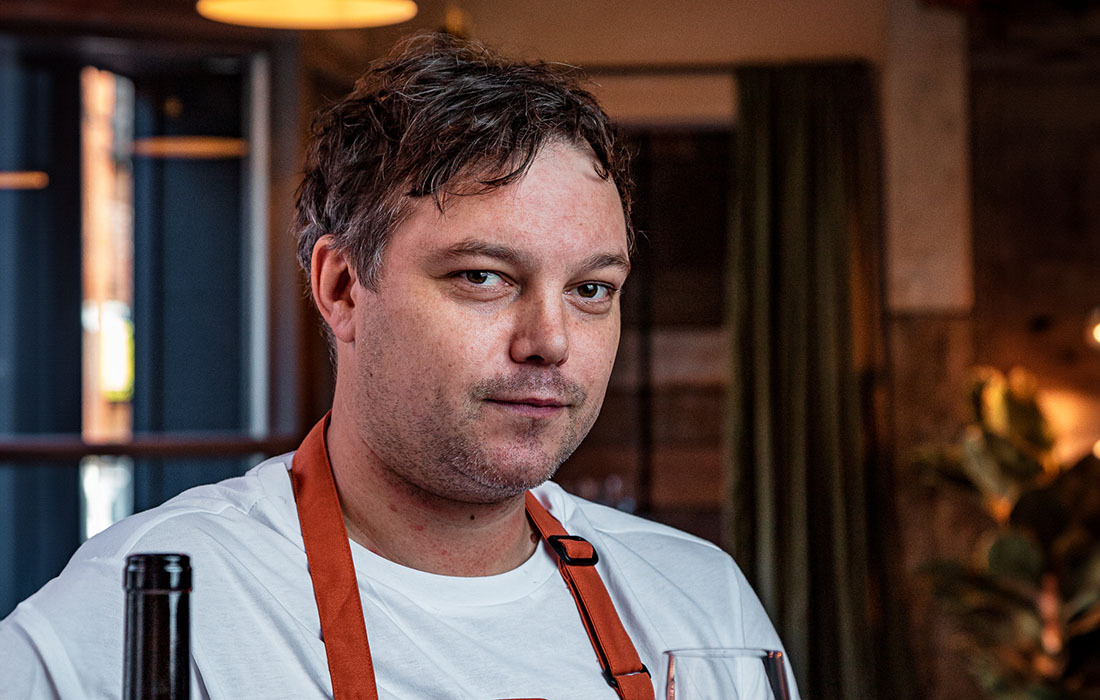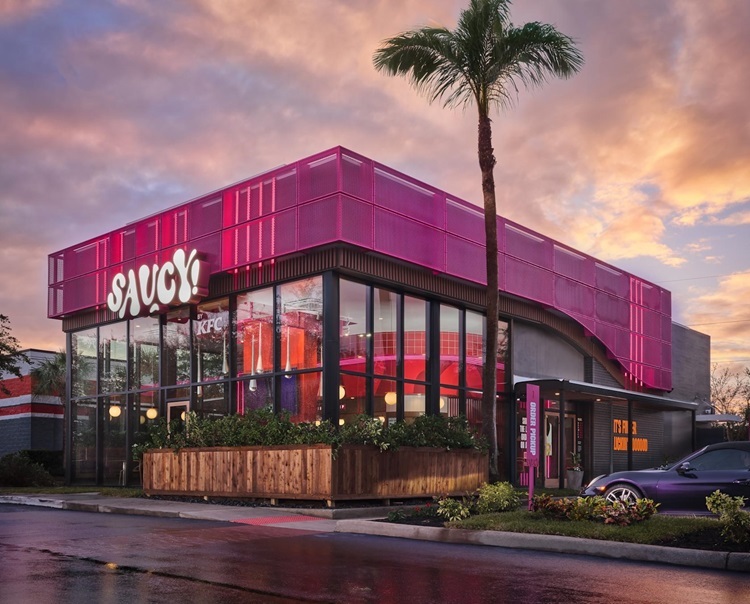Consumer confidence 'decimated' as operators look at long-term consequences
Confidence in the hospitality market has been “decimated” with London hardest hit, group chief executive of CGA, Phil Tate, has said.
Presenting as a panellist at a webinar organised by UKHospitality on Monday he gave what he said was “probably the most depressing state of the nation presentation” he had ever delivered. Tate said that new figures from the CGA’s Business Confidence survey showed that after February’s “four-year high”, confidence in the market had now been “decimated”, with only 15% of leaders and operators confident in their own business and just 5% confident in the market as a whole.
The financials painted a similarly sobering picture: at the end of quarter one, the hospitality market had fallen to £126.8b from £133.5bn in December 2019, and that was despite a promising start until the middle-to-end of March when the pandemic hit the UK.
Tate said: “We know that quarter two will be absolutely devastating in taking our read in terms of what the hospitality market is worth and it feels like quite a journey to get back.”
“In food-led businesses in the London market it’s even more negative and pessimistic than that,” he said. “Cash is king right now – how do I get it, what do I spend it on? Access to loans is key.”
Commenting on how the market will reshape post lockdown, he said that while data revealed 80% of operators and leaders are now actively planning for a return to being operational, one-third said they have permanently closed sites and one-fifth said they will open only 80% of their estate.
While most operators are predicting a phased opening and 44% are saying it would take two weeks to a month to reopen and trade, Tate said that conversations with supply chains have strongly indicated they will need four-to-six weeks’ lead-time.
As for consumer confidence, there was much work to be done, he said, but sentiments were constantly evolving. Tate said that currently the consumer was “highly anxious”, with 90% "very concerned" about their family’s health and wellbeing and 80% concerned about the economy and their finances.
Understandably consumer behaviour had changed since the lockdown, Tate said, with health and exercise becoming a greater priority. The initial surge in drinking alcohol at home and supporting the takeaway sector had now plateaued, although one-third of consumers indicated that they would be taking those habits with them.
“We will need consumer confidence to return," Tate continued. "It is a period that has driven high levels of anxiety – locally and globally. I do think we can get back there but it’s going to be a longer journey than we think.”
Yet he said there was “one positive is the consumer mindset”, quoting consumers as saying “nothing beats the true out-of-home experience” .
Panellist and chief executive and chairman of Hippodrome Casino, Simon Thomas, agreed saying he was “confident we will come back and will be stronger.” London’s Hippodrome, the UK’s largest casino which contains a steak house and seven bars, employing 69 hospitality workers and serving 140,000 visitors a week, had survived “far, far bigger challenges” including two World Wars, the blitz and the Great Crash in 1929.
On the question of reopening Thomas said: “The most important thing for us is to have a coherent national framework that’s sympathetic to the specific circumstances of different business sectors.”
“To have a blunt number [venue capacity] seems crazy. It has to be proportional to the number of square metres per customer rather than just a crude blanket level per venue.”
In terms of timings, he said it was a question of finding the “sweet spot” in the middle. “If we opened tomorrow we wouldn’t have any business, if we open in six months it will be too late.”
In the week leading up to lockdown, he confirmed Hippodrome trade was down 50% and added that he was concerned about the feasibility of introducing social distancing in the industry. “How will we be able to function with social distancing measures in place? Bluntly, it will be tough. If it’s just a blunt one-size-fits-all it’s going to be a disaster.”
Kris Gumbrell, chief executive of Brewhouse & Kitchen, which operates 22 brewpubs across the south of the UK described the last few weeks as having been “quite a rollercoaster” but added: “It’s given us a chance to sit back and review our model. We will have to do a big re-learn about our business. We’ve learnt an awful lot about our team. The level of collaboration and support we’ve had when we set out on this journey has been quite extraordinary.”
He said the company had been using the furlough period as an opportunity to train and develop staff. “The sector will change but it will still be there and ultimately will still flourish in time. It’s very important that we retain positive connections within our team.
“We’ve got this runway of two-to-three months before we’re allowed to open. People have already changed their attitudes and they will continue to evolve.”
For Brewhouse & Kitchen, he predicted consumers groups emerging would be “the young, hedonistic, freedom-loving people who are desperate to get out and socialise with friends”, while those who have invested in their homes “will need a lot of incentive and encouragement” to get back out there.
He also believed re-openings would be very regionalised - “Cardiff or Dorchester would be a very different timeframe to London” - and that beer gardens would be a huge advantage for pub operators.
Yet finances would be a huge concern. He would be looking at their operating costs more than ever, saying: “Things will be so tight for us for a long time and we need to bat away as much of that cost as we can.”



